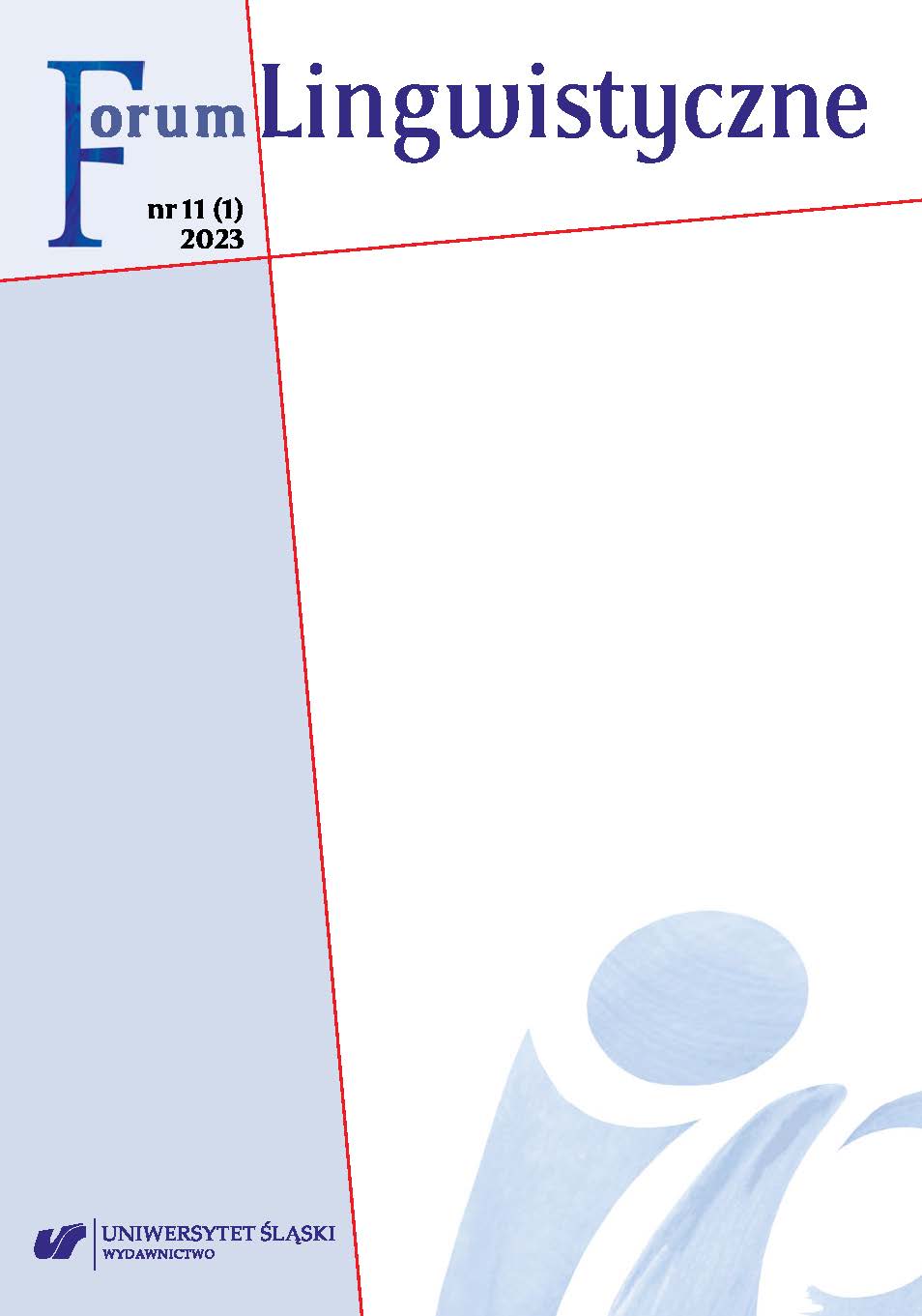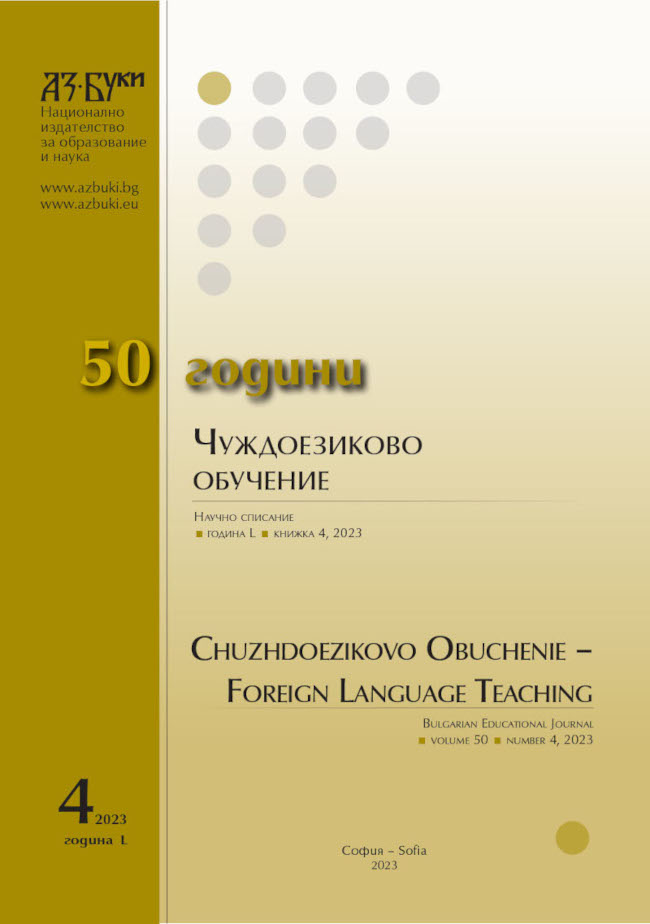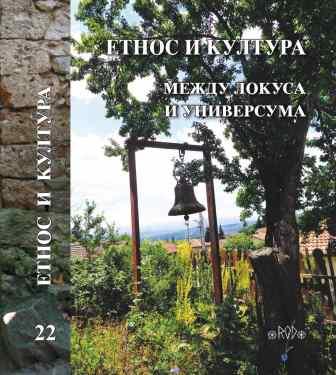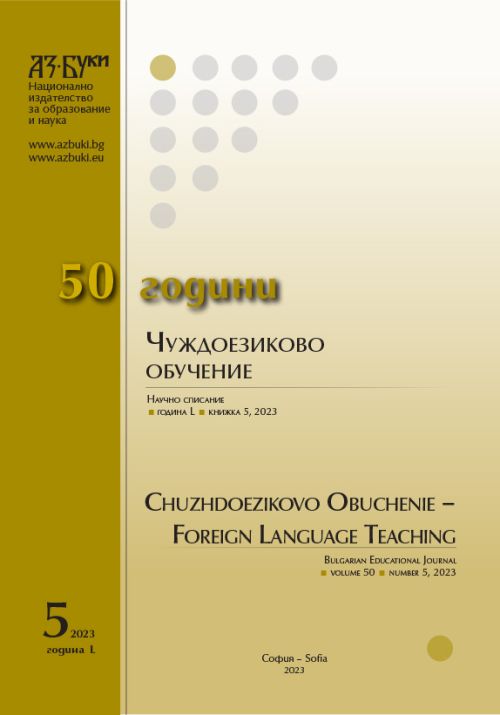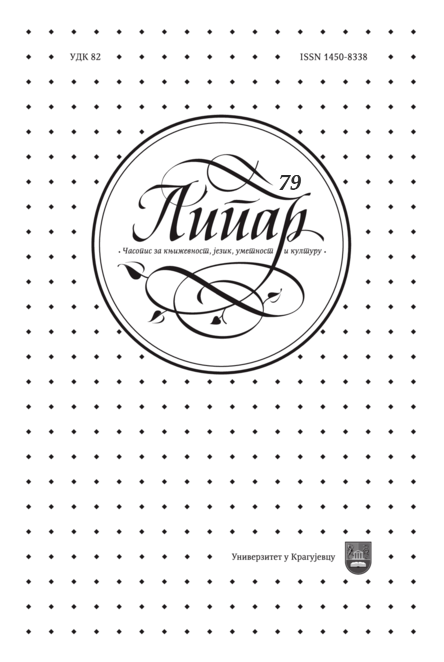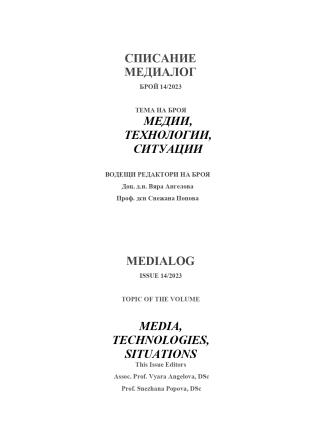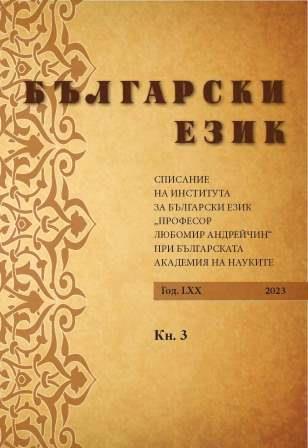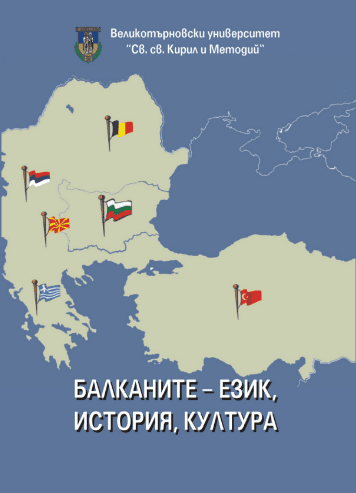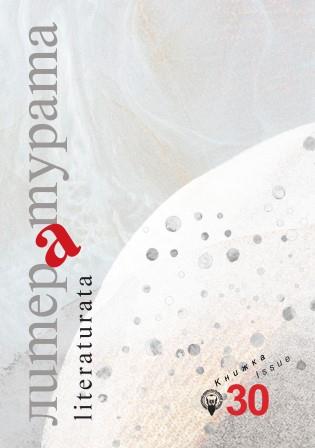
Женскостта и майчинството в бившите социалистически страни: литературни и идеологически аспекти
The text is focused on the problems of womanhood and motherhood in the literature, written by women in the former socialist states. It aims to explore the implications of the Soviet ideology and propaganda in the contemporary perceptions of gender and family roles and to answer the question about the importance of the remaining conservative traditional family values in the region. By exploring novels by female authors, the study tries to show the methods and tendencies in which women try to apply change through art. The main objects of analyses are the novels “Mrs. G.” by Emilia Dvoryanova and “Primeval and Other Times” by Olga Tokarczuk.
More...
